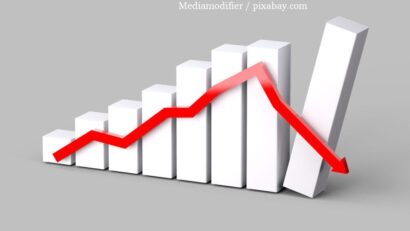Romania makes good anti-corruption progress
Criticised for years and placed under close monitoring from Brussels for its high corruption, in 2016, Romania has for the third year in a row received a positive report under the European Commissions Cooperation and Verification Mechanism.

Corina Cristea, 05.02.2016, 13:50
The document confirms the ongoing and steady progress Bucharest has registered in all fields under assessment, proving the durable and sustainable reforms in the fields of justice and anti-corruption fight, the Romanian authorities say. A report recently published by Transparency International has confirmed this perception.
Transparency Internationals deputy director Iulia Cospanaru spoke about the corruption perceptions index and how it has changed in recent years in an interview to Radio Romania: “This years results are encouraging. Romania scored 46 points on a scale of 0 (highly corrupt) to 100 (very clean). The score in itself is not satisfying but whats important is the trends it reflects. We have a three-point increase as compared to previous years. In the world classification, which includes 168 countries, Romania fares better than a year ago, ranking 58th, compared with 69th last year. So there is improvement in this respect as well.
The corruption perceptions index is a composite index, a combination of different international surveys and assessments, such as United Nations and World Bank reports. The assessment is also based on opinion polls and relies mostly on the perception of investors, foreign citizens wishing to move to Romania, the Romanian public, international NGOs and public international organisations. In other words, it all comes down to how a country is perceived by other countries. The assessment in the case of Romania was based on nine sources, while the minimum number of sources for establishing the perceptions index is three. The latest European Commission report published in Brussels shows that last year alone, 25% of Romanians said they were asked explicitly or suggested that they should pay a bribe, compared with a 4% European average.
Iulia Cospanaru explains: “When we speak about corruption we dont speak about bribe alone. Bribe is one form of corruption, perhaps the most frequently encountered by citizens, but we also speak of abuse of office and the misappropriation of public funds, which could become a source of wealth for people who are no longer satisfied with the wages they get for the job they are doing. So, while putting together these corruption perceptions indexes we have to take into account this broader definition of corruption as the abuse of ones position of power in order to obtain additional benefits. When the corruption perceptions index goes down and corruption diminishes, the human development index will improve as a result.
According to Transparency International, it remains to be seen whether Bucharests anti-corruption efforts are sustainable in the coming years. Romania should not stop at achieving convictions, it should also seek to recover the losses it has incurred through corruption, so that the public money that has been stolen to return to the citizens.
At the same time, a mechanism to prevent further acts of corruption has to be put in place. Transparency International Romania executive director Victor Alistar tells us more: “The most important thing is to prevent, to create a culture of integrity, to impose very clear rules and establish the ways by which the rules are complied with and the ways to handle the breaking of the rules. This will make sure that your partners – whether in business or in relationship with the state and civil society in general, including the people on Facebook or those listening to the public radio – will perceive you as an honest person or institution. This is the direction in which we as a country should move. Very concrete technical solutions are available in this regard, such as the regulation and simplification of administrative procedures, predictability and the elimination of the discriminatory treatment of people.
Discretionary treatment can lead to abuse of power for personal gain, which spells out as corruption, says the executive director of Transparency International Romania, Victor Alistar.
(Edited by Cristina Mateescu)






























